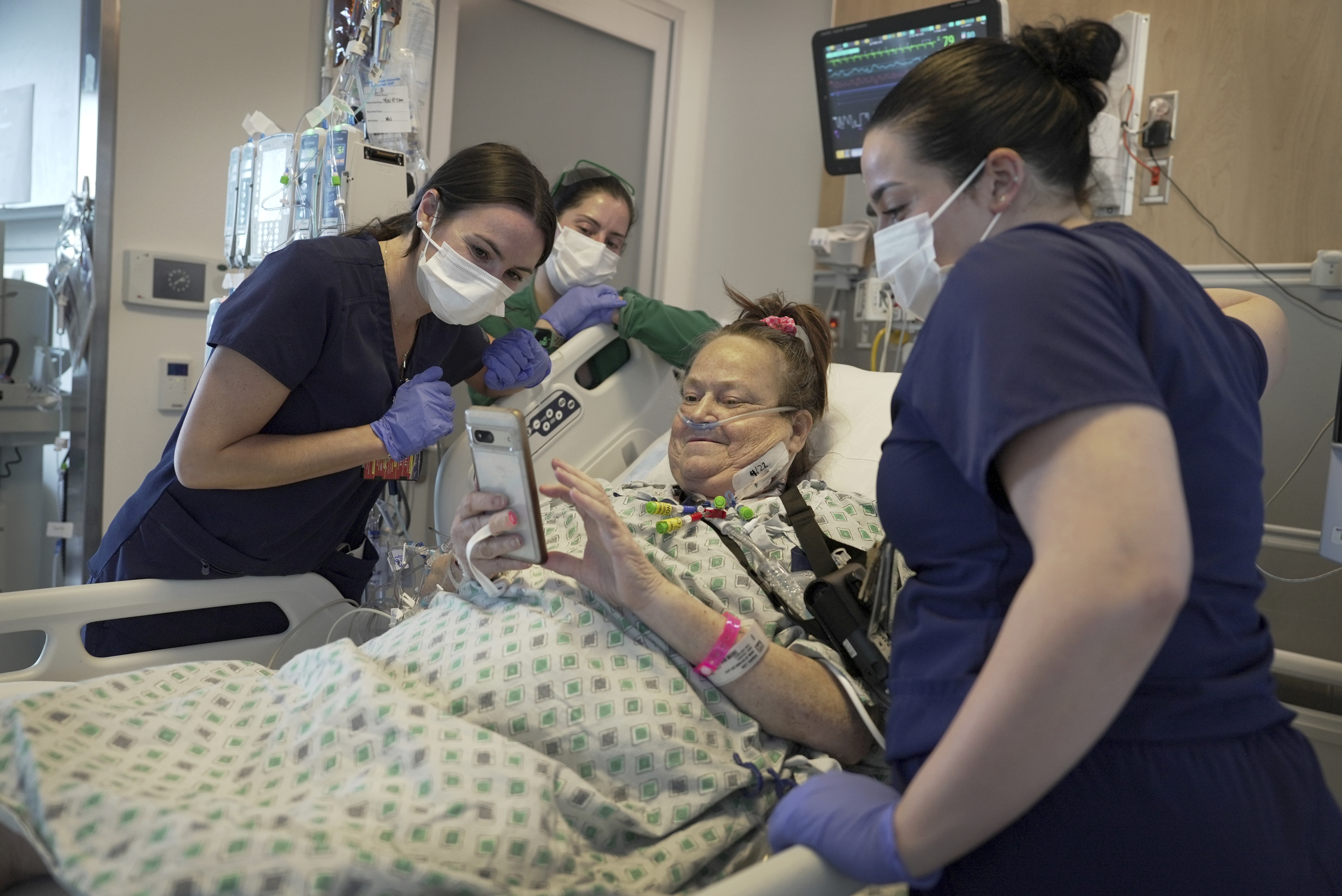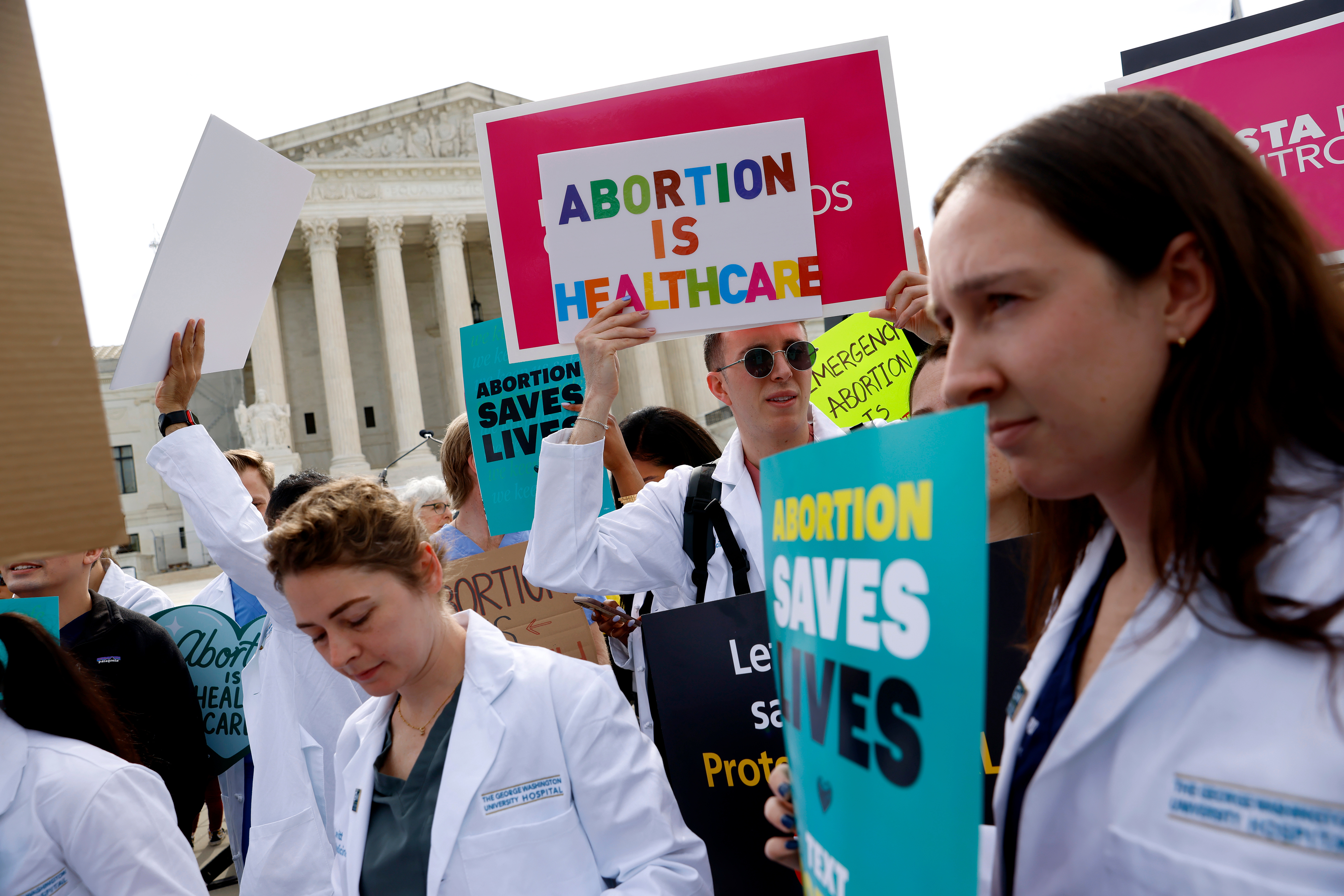The first day of school is just around the corner, and for D.C. public school students, there's a new vaccine requirement. What all parents need to know about the vaccine for the human papilloma virus.
For Karenna Armington, it was an easy decision.
"You have to weigh the costs and the benefits, and we don't know clearly what all the cost is to a new vaccine, but that's not a reason not necessarily to do it," Armington said.
When her doctor told her about Gardasil, the HPV vaccine that could prevent cervical cancer and other sexually transmitted diseases, the D.C. woman made sure her then 13-year-old daughter, Sophia, got the shot, even though she didn't think she was sexually active.
"It's a life or death thing," she said.
Starting this fall, all D.C. sixth grade girls will be required to get the HPV vaccine. Parents will be able to opt out, but health officials say getting the vaccine before girls are sexually active is important.
"We know that many teens, at least half of teens, will begin sexual activity by high school, and this vaccine is most effective if we can build antibodies before there is any sexual contact or sexual exposure," said Children's National Medical Center's Dr. Kathy Woodward.
Health
Gardasil is given in three doses over six months. It protects against four strains of HPV, all of which are directly linked to cervical cancer and genital warts.
But since it was approved in June 2006, it's been mired in controversy.
Critics say requiring young girls to get the vaccine might influence them to become sexually active too early. Others say there hasn't been enough testing for safety.
"We do know that parents are concerned about this being a relatively new vaccine and we also know that there has been very good information behind this," said Georgetown University Hospital pediatrician Dr. Anisha Abraham.
Abraham is a consultant for Merck, the vaccine's manufacturer. Side effects have been minor, she said. They include things like soreness at the injection site, headaches, low grade fever and dizziness. But the Centers For Disease Contol is continuing to investigate all reports of major adverse reactions, including 20 reports of girls who died after getting the vaccine.
"There certainly has been reports, but there has been no causal links made between the deaths and the vaccine," Abraham said.
Doctors also believe the vaccine can help prevent STDs. Woodward specializes in adolescent medicine at Children's National Medical Center. The rate of STDs at her clinic ranges anywhere from 12 to 20 percent each month, she said.
"So if one in four young people are already contracting an STD, HPV seems to be just as wide spread as chlamydia so it really is a harbinger for parents to offer protection," she said.
Other parents considering making the decision should take the advice of their doctor, Armington said.
"Go with your gut, and listen to your doctor."



